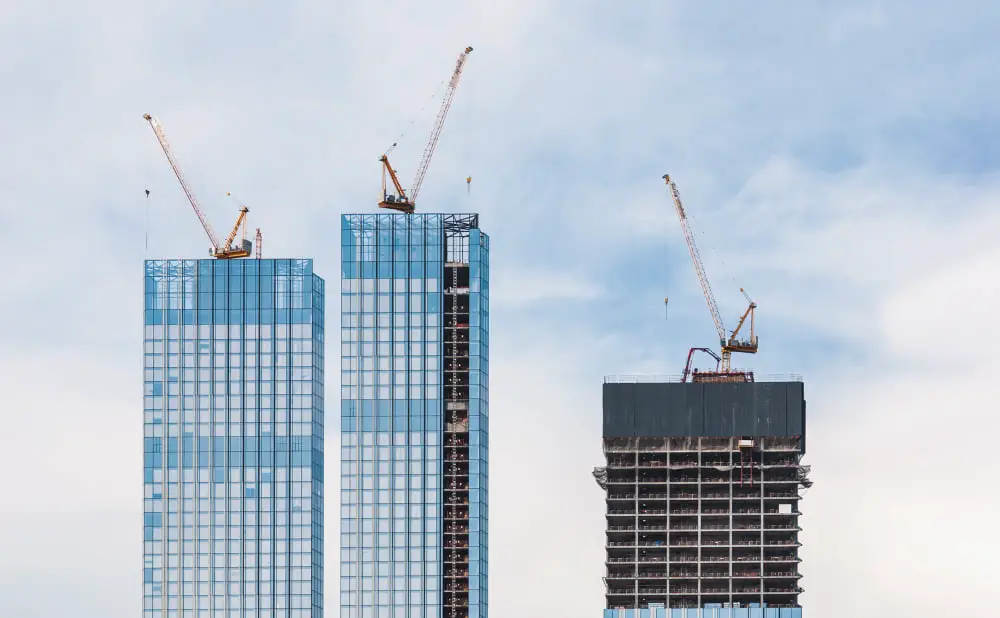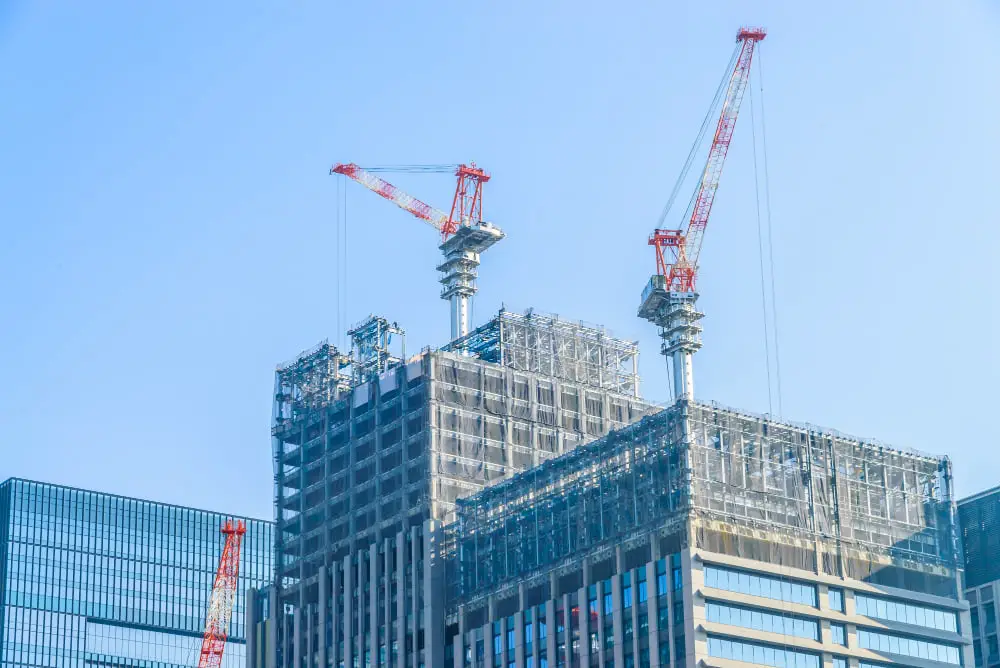Last updated on
Embarking on a new construction project or a significant renovation is an exciting time filled with potential, ambition, and, let’s face it, a bit of trepidation. Whether you’re dreaming of a loft extension, a new commercial space, or a backyard deck, the journey from blueprint to reality is a complex one, laden with numerous legal, logistical, and financial checkpoints.
Navigating the labyrinthine corridors of local regulations, building codes, and environmental considerations can seem daunting at first, but breaking down these requirements into actionable steps can help you stay on top of your project and ensure success. In this detailed exploration of construction and renovation requirements, we’ll tackle each significant aspect—from environmental impact to hiring a contractor—and prepare you to tackle your project with confidence.
Environmental Considerations: Laying the Foundation for a Green Build

Sustainability isn’t just the flavor of the month; it’s a crucial aspect of modern construction that can influence everything from your costs to the longevity of your build. Before you hammer the first nail or pour the first slab, it’s essential to evaluate the environmental impact of your project.
Assessing the Environmental Impact Statements (EIS)
An EIS is a federal requirement for large-scale projects and a valuable tool even for smaller ones. It helps to predict a project’s impact on the surrounding environment, including air and water quality, wildlife, and noise levels. Depending on the scale and location of your project, this study might be obligatory or simply a best practice.
Designing with the Environment in Mind
From green roofs that improve insulation and manage stormwater to using sustainable building materials, there are numerous design choices that can enhance your project’s eco-friendliness. The key is to integrate environmental considerations at the design phase, working with architects and engineers who understand the importance of sustainable building practices.
Permits Needed: The Paper Trail to Legal Building Operations
Permits are the gatekeepers of construction legality, providing the necessary authorization from local governmental bodies to begin and continue your building endeavors. They ensure that your design adheres to established codes, which can include zoning, land use, building standards, and fire safety.
The exact permits required will depend on the type of project and its location, but often, you’ll need to obtain a general building permit along with specific ones for electrical, plumbing, or mechanical work. Start by consulting your local building authority as early as the planning stage, as this can save you from future legal and financial pitfalls.
Obtaining the right permits is not a mere formality but a vital step in averting delays, penalties, and potential safety hazards. This permit process, while sometimes cumbersome, acts as a safety net, ensuring your construction is carried out to the highest standard, for your safety and for the well-being of the community.
The Role of an Expeditor: Your Best Ally in Navigating Red Tape

An expeditor is a professional who specializes in navigating the permits, zoning laws, and approval processes with local government agencies. As this permit expediter in San Jose explains, their job is to streamline this process, saving you time and potentially money.
An expeditor’s local knowledge and established relationships can significantly expedite the permit process. They can guide you through complex zoning laws, help with the submission of your plans, and often get things moving faster than you could alone.
While not every project will require or benefit from an expeditor, they’re particularly useful in urban areas with complex zoning regulations or with clients who are looking to minimize personal involvement in the permit process.
Design and Planning Requirements: Shaping Your Vision on Paper
The design phase is where your project takes shape—literally. From blueprints to materials selection, this step sets the course for the entire build.
Engaging with an Architect
Your architect is more than just a designer. They will translate your ideas into viable plans, ensure the design meets all code requirements, and, if you choose, help manage the construction process.
Developing a Comprehensive Plan
A comprehensive plan should not just be about what your project will look like, but also how it will be built and how it will be maintained. It should include a detailed timeline, a budget, and a list of potential risks and how they will be mitigated.
Financial and Insurance Requirements: Securing Your Investment
Construction projects are significant financial undertakings. Protecting your investment with the right insurance and financial planning is essential.
Securing the Right Insurance
Insurance is a must for any construction project. The most common types of insurance are builders’ risk insurance, general liability insurance, and worker’s compensation insurance. Each serves a different purpose in protecting your project and the people involved.
Financial Planning and Budgeting
Detailed financial planning will not just help you determine the cost of your project, but also help you secure financing if needed. Make sure to include a contingency fund in your budget to cover unforeseen costs—something that’s all too common in the construction world.
Contracting and Hiring Requirements: Choosing the Right Team
The success of your project hinges on the skills and professionalism of the team you assemble.
Understanding the Role of a General Contractor
A general contractor is the quarterback of your project, responsible for managing the construction, scheduling trades, and making sure everything runs smoothly. Their role is critical, so choose wisely.
Hiring Subcontractors
Subcontractors are the specialists who will be doing most of the actual building. The same care should be taken in selecting sub-contractors as with your general contractor—check references, verify licenses, and make sure there are no outstanding complaints or legal issues with the Better Business Bureau.
The Importance of Clear, Comprehensive Contracts
Contracts are the backbone of the construction process. They should be clear, legally sound, and comprehensive, covering everything from the scope of work to the payment schedule. It’s worth having a lawyer review any contracts before they are signed.
By thoroughly understanding and addressing the requirements for your construction or renovation project, you’re setting the stage for a smooth process and an excellent result. From environmental assessments to contractual details, each step contributes to the overall success. Keep this information in mind as you embark on your construction journey, and don’t hesitate to seek professional guidance when needed. With the right approach, your dream project can become a rewarding reality.
Recap




